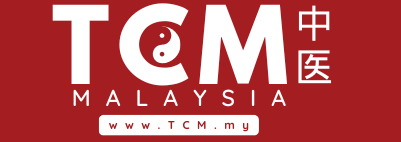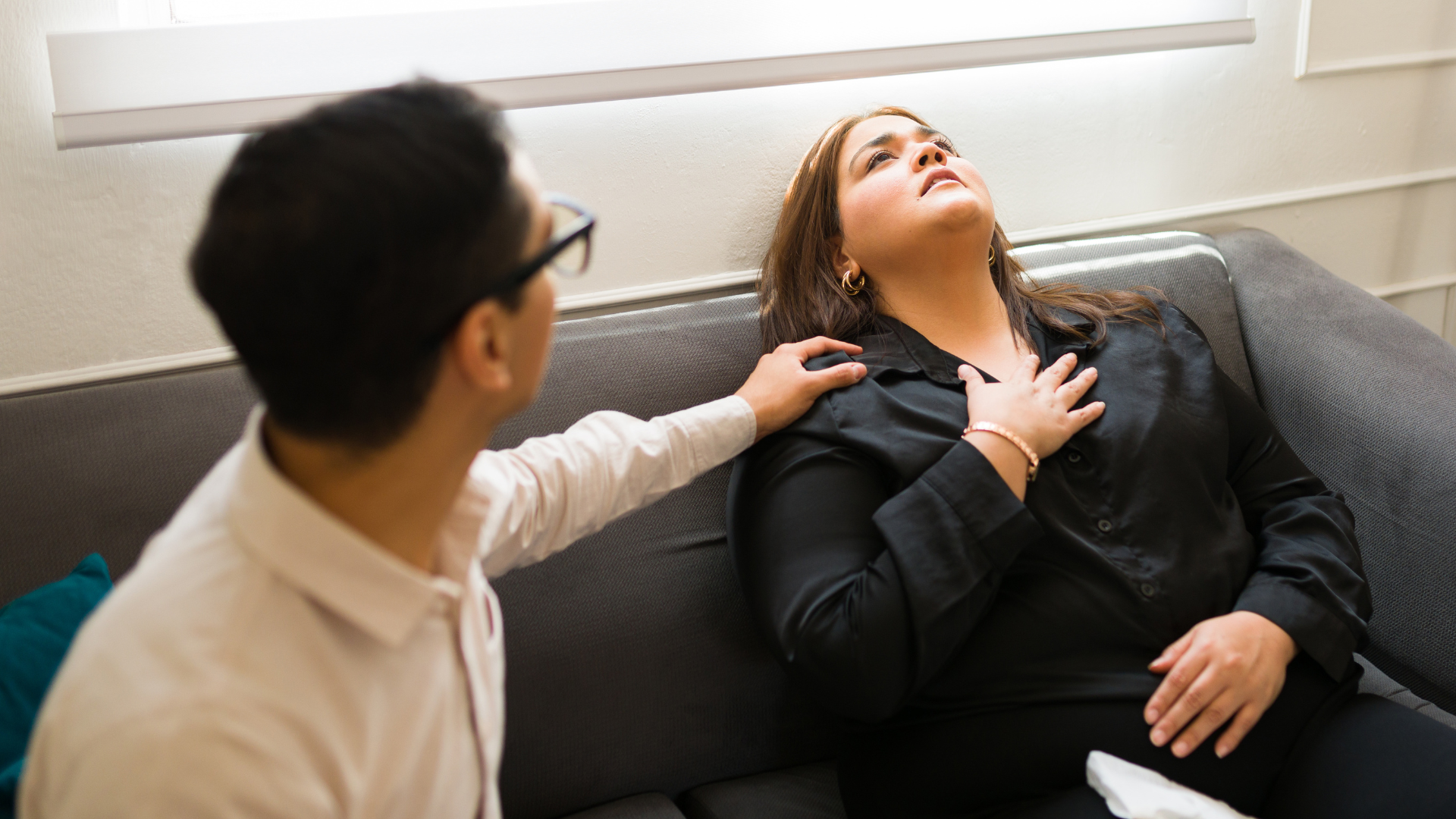Eight years ago, I went through some of the most terrifying moments of my life—panic attacks. If you’ve ever had one, you’ll know exactly what I mean. Panic attacks can feel like a sudden storm in your mind and body—overwhelming, terrifying, and often inexplicable. At the time, I felt lost, helpless and desperate for relief. Today, I want to share what I’ve learned about panic attacks, their causes, and how Traditional Chinese Medicine (TCM) offers a holistic approach to managing and healing them. If you’ve ever felt the grip of a panic attack, this one is for you.
What Is a Panic Attack?
A panic attack is an intense episode of sudden fear or distress that peaks within minutes, often accompanied by physical symptoms such as:
- Heart palpitations
- Shortness of breath
- Dizziness or lightheadedness
- Tingling or numbness in the hands and feet (which I thought I was having a stroke)
- Chest pain or tightness (which makes many people think they’re having a heart attack)
- Sweating
- Trembling
- A sense of detachment (feeling disconnected from reality or your own body)
- An overwhelming fear of dying, going crazy, or losing control
Panic attacks can happen out of nowhere or be triggered by stress, trauma, or even certain memories or stimulants. While they are not physically dangerous, they can feel life-threatening in the moment.
For me, it felt like I was drowning in fear. One moment, I was fine; the next, I was convinced something was terribly wrong. It’s important to note that panic attacks are not life-threatening, but they can be life-disrupting.
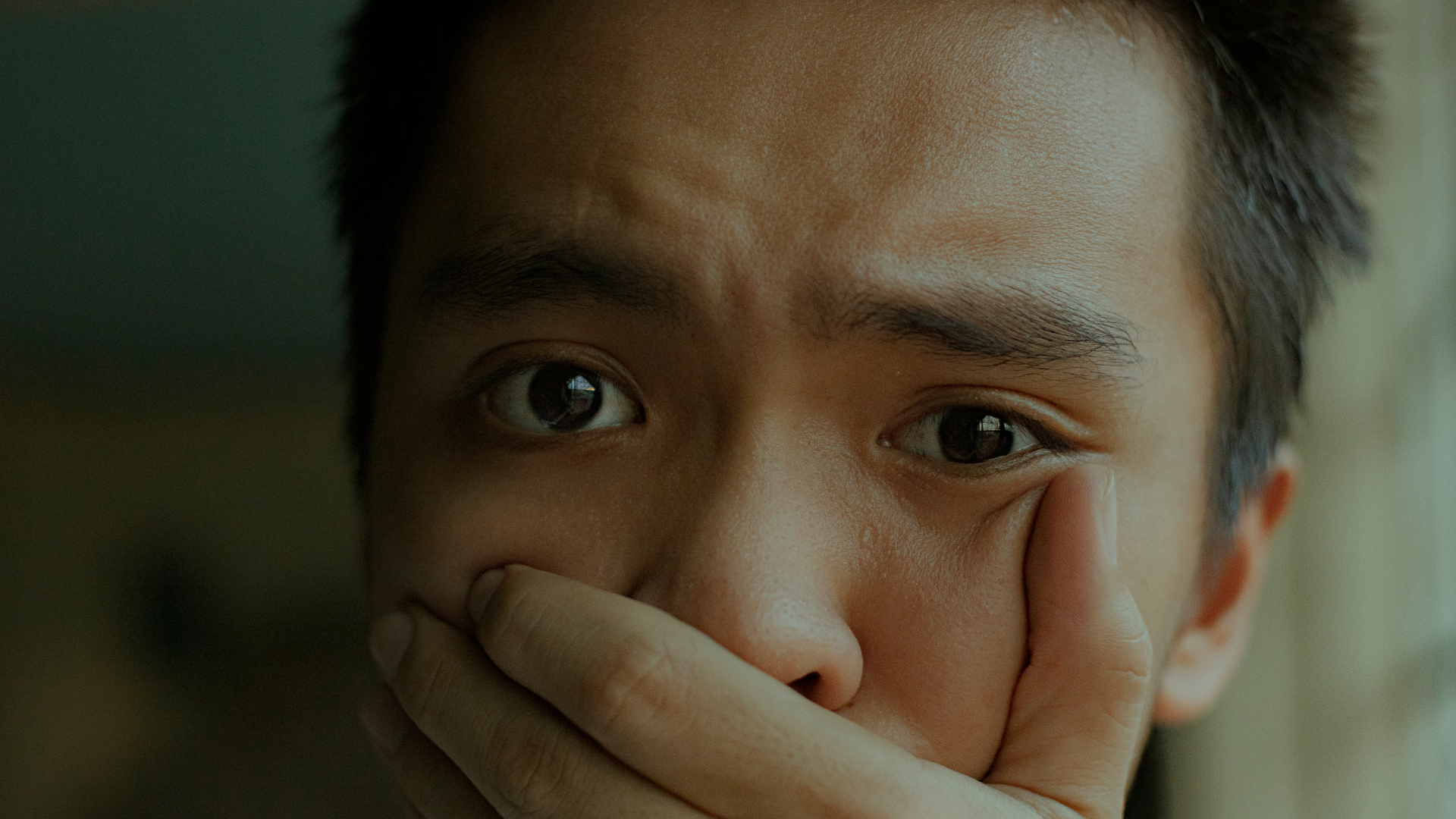
What Causes Panic Attacks?
The exact cause of panic attacks isn’t fully understood, but several factors can contribute:
- Imbalance in brain chemicals (neurotransmitters like serotonin and dopamine may play a role)
- Genetics (a family history of anxiety or panic disorder)
- Chronic stress or past trauma
- Overactive fight-or-flight response (where the body reacts as if there’s real danger when there isn’t)
- Stimulants like caffeine, alcohol withdrawal, or certain medications
In my case, it was a combination of stress and unresolved emotional trauma. I was juggling too much, and my body finally said, “Enough.”
From a Western standpoint, panic attacks are often linked to anxiety disorders, particularly panic disorder.
Treatment usually involves:
- Cognitive Behavioral Therapy (CBT) to reframe anxious thoughts
- Medication (such as antidepressants or anti-anxiety drugs)
- Breathing techniques and mindfulness to calm the nervous system
While these approaches help many people, they don’t always address the deeper imbalances behind the attacks. That’s where Traditional Chinese Medicine (TCM) comes in
TCM’s Understanding of Panic Attacks
In TCM, panic attacks are seen as an imbalance of Qi (vital energy), emotions, and organ systems—particularly the Heart, Liver, Spleen, and Kidney.
- Imbalance in the Heart and Shen (神 Spirit/Mind)
In TCM, the Heart houses the Shen, which governs mental and emotional health. When the Heart is imbalanced—to stress, fear, or Qi deficiency—the Shen becomes disturbed, leading to palpitations, anxiety, insomnia, and panic attacks. - Liver Qi Stagnation
The Liver is responsible for the smooth flow of Qi and emotions. When Liver Qi stagnates (often due to stress or frustration), it can manifest as irritability, mood swings, and even panic attacks. - Kidney Yin Deficiency
The Kidneys are the foundation of Yin and Yang energy in the body. A deficiency in Kidney Yin can lead to fear, insecurity, and a lack of grounding—common feelings during panic attacks. - Spleen Qi deficiency
The Spleen is linked to digestion and mental clarity. Excessive worry or overthinking can weaken Spleen Qi, leading to anxiety, dizziness, and digestive discomfort during panic attacks.
How TCM Treats Panic Attacks Naturally
TCM offers a holistic approach to treating panic attacks, focusing on restoring balance and harmony in the body.
1. Acupuncture
Acupuncture can calm the nervous system, regulate Qi, and restore emotional balance. Key points include: HT7 (神门, Shen Men), PC6 (内关, Nei Guan), LV3 (太冲, Tai Chong), and KI3 (太溪, Tai Xi) are particularly effective for calming the mind, and reducing fear and stress.
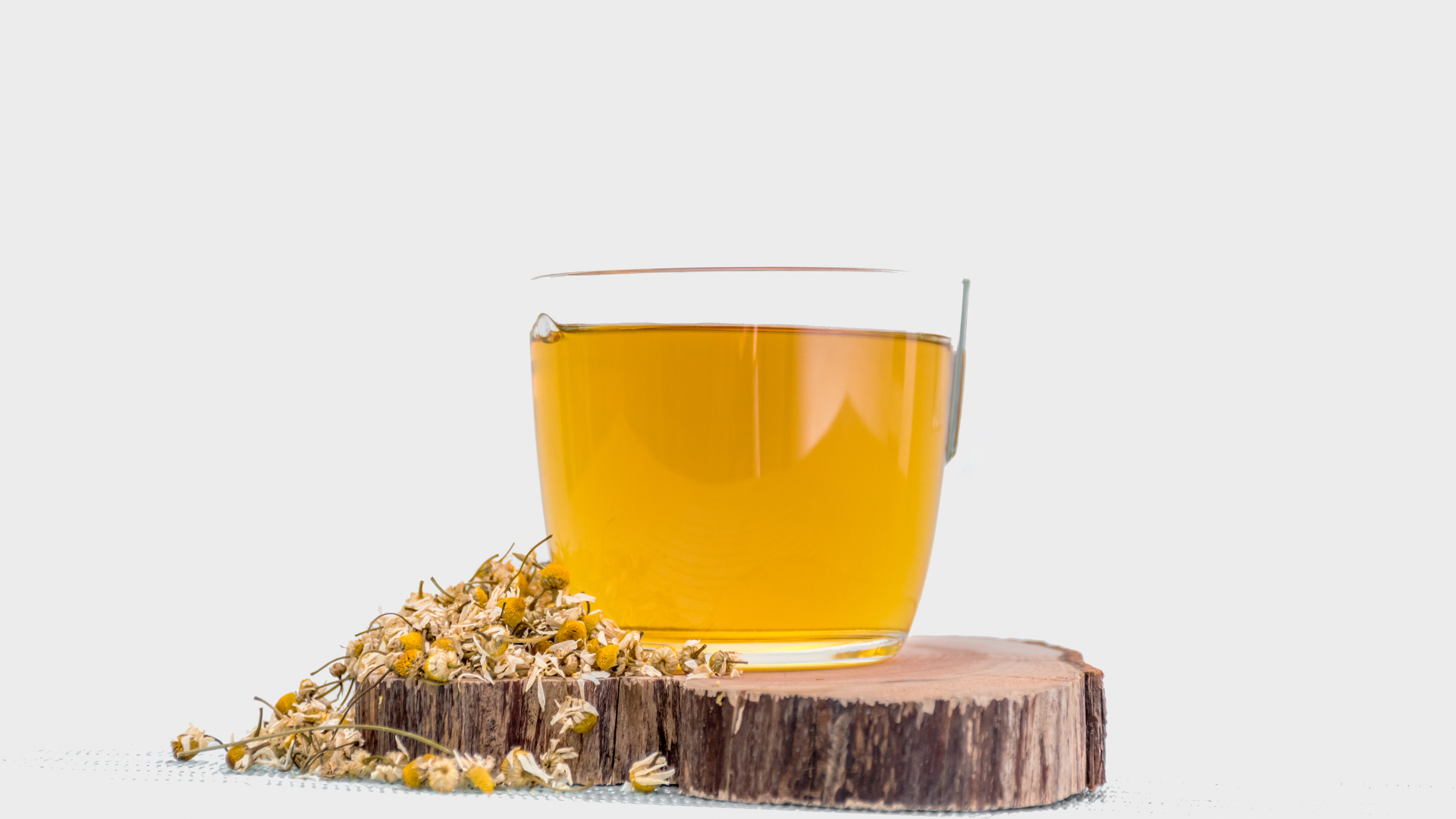
2. Herbal Medicine
In TCM, herbs are often combined into formulas to address multiple aspects of an imbalance. Here are some of the most commonly used herbs and formulas:
- Xiao Yao San (逍遥散, Free and Easy Powder)
This formula is ideal for Liver Qi stagnation and emotional turbulence. - Suan Zao Ren Tang (酸枣仁汤, Sour Jujube Seed Soup)
This formula calms the Shen and is excellent for insomnia and restlessness. - Gui Pi Tang (归脾汤, Restore the Spleen Soup)
This formula addresses Heart and Spleen Qi deficiency, often seen in chronic worry and fatigue.
Single Herbs for Calming the Mind (Shen)
Sometimes, single herbs can be just as effective, especially when used in teas or as part of a daily routine. Here are a few of my favorites:
- He Huan Pi (合欢皮, Mimosa Tree Bark): Relieves emotional stagnation.
- Bai Zi Ren (柏子仁, Biota Seed): Promotes restful sleep.
- Gan Cao (甘草, Licorice Root): Harmonizes and supports the adrenals.
Flower Teas for Daily Support
Incorporating calming flower teas into your routine can be a simple yet powerful way to manage anxiety too:
- Chamomile and Goji Berry Tea, or Chrysanthemum and Goji Berry Tea: Clears heat and calms the Shen.
- Jasmine and Goji Berry Tea: Regulates Liver Qi and uplifts the mood.
- Lavender and Rose Goji Berry Tea: Soothes emotional tension and promotes relaxation.
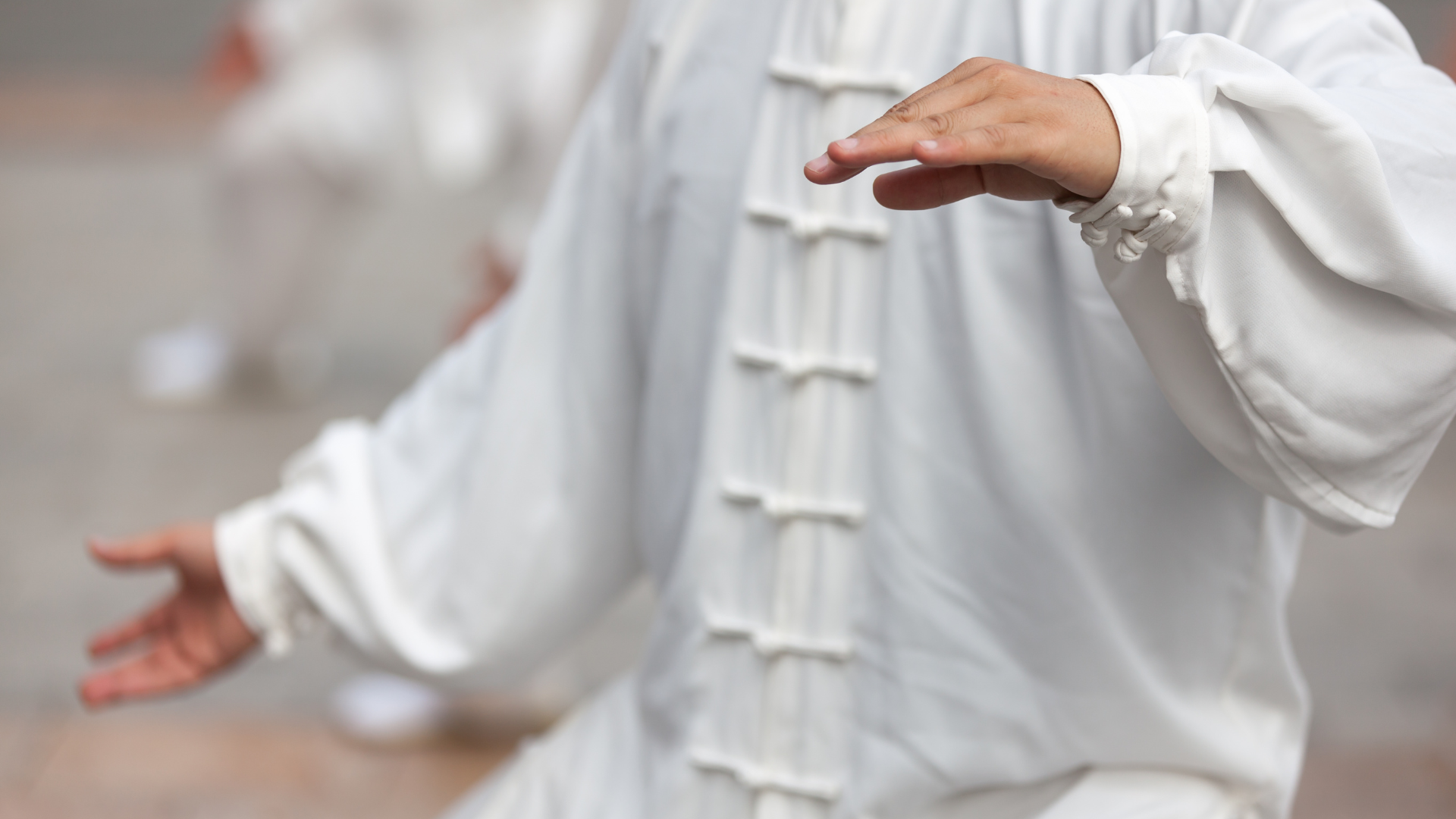
3. Qi Gong and Tai Chi
These gentle movement practices help regulate Qi, reduce stress, and promote emotional balance. I found Qi Gong especially helpful for grounding myself during moments of anxiety.
4. Dietary Therapy
TCM emphasizes food as medicine:
• Eat warm, nourishing foods like soups, porridge, and cooked vegetables
• Avoid stimulants like caffeine, alcohol, and overly spicy foods
• Incorporate calming foods like walnuts, goji berries, and lotus seeds(连子).
5. Emotional Healing
TCM recognizes the mind-body connection. Practices like meditation, yoga and journaling can address the emotional roots of panic attacks.

Final Thoughts
Panic attacks can feel isolating, but you’re not alone. Recovering from panic attacks is a journey, not a quick fix. Understanding their causes and exploring holistic approaches like TCM can be life-changing. TCM wasn’t just a treatment for me —it was a pathway to healing and reclaiming my life. If you’re on a similar journey, I encourage you to explore TCM and find what works for you .
By sharing my story and these insights, I hope to offer comfort and guidance to anyone facing panic attacks. Remember, healing is possible—one step at a time. 🙂
